How to Spot Truly Ethical Clothing Brands
July 17 2024 – Lottie & Lysh

In today's fashion industry, many brands claim to be ethical, but how can you be sure that what you're buying truly aligns with your values? With greenwashing becoming more prevalent, it’s crucial to know how to identify genuinely ethical clothing brands.
This blog post offers our top tips on what to look for when shopping for ethical clothing and discusses certifications and labels that indicate ethical practices.
1. Understand Ethical Fashion
Before diving into how to spot ethical brands, it’s important to understand what ethical fashion is. Ethical fashion refers to the design, production, and distribution of clothing in ways that benefit the people and communities involved, while making efforts to minimise harm to the environment. This includes fair wages, safe working conditions, and sustainable materials.
2. Research the Brand’s Mission and Values
Check Their Website
A truly ethical brand will be transparent about its mission and values. Look for sections on their website like “About Us,” “Our Values,” or “Sustainability.” They should clearly state their commitment to ethical practices, including fair labour conditions, sustainable sourcing, and environmental protection.
Look for Detailed Reports
Reputable ethical brands often publish annual reports or sustainability reports. These documents provide in-depth information about their practices, progress, and areas for improvement. Reviewing these reports can give you a clearer picture of the brand's commitment to ethics.
3. Certifications and Labels
Certifications and labels are one of the most reliable ways to identify ethical clothing brands. Here are some key certifications to look for:
Fair Trade Certified
Fair Trade certification ensures that the products were made under fair labour conditions, with fair wages and safe working environments. This certification supports better prices and working conditions for farmers and workers.
Global Organic Textile Standard (GOTS)
GOTS certification guarantees that the textiles are made from at least 70% organic fibres. It also ensures that the entire supply chain, from harvesting to manufacturing, follows strict environmental and social criteria.
OEKO-TEX Standard 100
This certification means that the textile products have been tested for harmful substances and are safe from a human-ecological perspective. It ensures that the clothes are free from harmful chemicals.
B Corporation Certification
B Corps are companies that meet high standards of social and environmental performance, accountability, and transparency. This certification covers the entire business, not just a specific product or line.
Cradle to Cradle Certified
This certification assesses a product's safety to humans and the environment and design for future life cycles. It evaluates sustainability and circular economy aspects.
4. Inspect the Supply Chain Transparency
Traceability
Ethical brands often provide detailed information about their supply chain. This includes where their raw materials come from, how they are processed, and where the final product is manufactured. Brands that can trace their products from start to finish are more likely to be genuinely ethical.
Supplier Relationships
Look for brands that maintain long-term relationships with their suppliers. This indicates a commitment to fair practices and helps ensure that workers are treated ethically throughout the supply chain.
5. Sustainable Materials
Organic and Natural Fibres
Opt for clothing made from organic cotton, linen, hemp, or other natural fibres. These materials are grown without harmful pesticides and chemicals, reducing their environmental impact.
Recycled Materials
Many ethical brands use recycled materials, such as polyester made from recycled plastic bottles or repurposed fabrics. This helps reduce waste and minimises the use of virgin resources.
Eco-Friendly Dyes
Check if the brand uses eco-friendly dyes and low-impact dyeing processes. Conventional dyeing methods often involve harmful chemicals that pollute waterways and harm workers' health.
6. Labour Practices
Fair Wages and Safe Working Conditions
Ensure that the brand pays fair wages and provides safe working conditions for all workers involved in their supply chain. Brands committed to ethical labour practices will have clear policies and third-party audits to verify compliance.
No Child or Forced Labour
Verify that the brand explicitly states that it does not use child or forced labour. Ethical brands are transparent about their labour practices and often partner with organisations that monitor and enforce labour standards.
7. Brand Reviews and Ratings
Ethical Consumer Guides
Consult ethical consumer guides and websites that review and rate brands based on their ethical practices. Resources like Good On You, Ethical Consumer, and Rank a Brand provide detailed reviews and ratings of various brands' sustainability and ethics.
Customer Reviews
Read customer reviews and testimonials to gauge public perception of the brand’s ethical claims. Genuine ethical brands often have loyal customers who praise their commitment to sustainability and fair practices.
Conclusion
Spotting truly ethical clothing brands requires a bit of research and vigilance. By understanding what ethical fashion entails, looking for certifications, inspecting supply chain transparency, and choosing sustainable materials, you can make informed decisions that align with your values. Remember, every purchase you make is a vote for the kind of world you want to live in. Let's support brands that are committed to making a positive impact on people and the planet.
Have you found any favourite ethical clothing brands? Share your recommendations in the comments below!
🌿👗 #EthicalFashion #SustainableLiving #ConsciousConsumerism #EcoFriendlyFashion #FairTrade
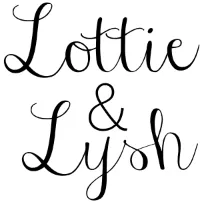
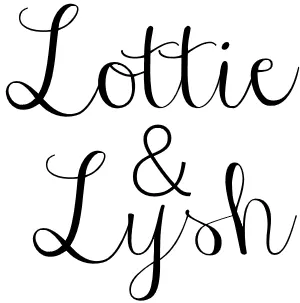
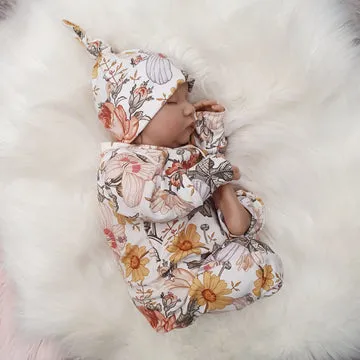
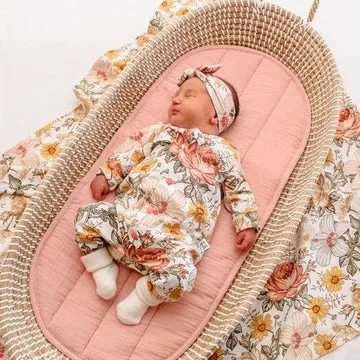
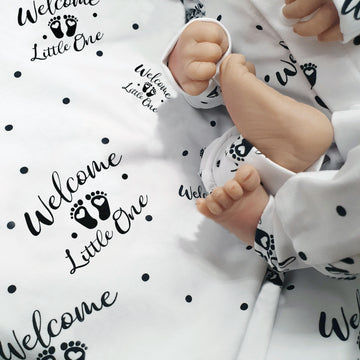

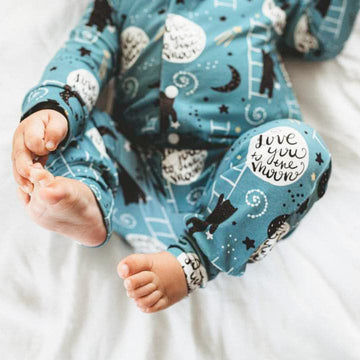
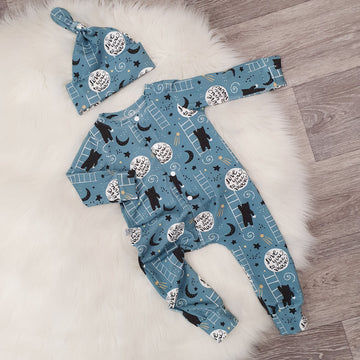
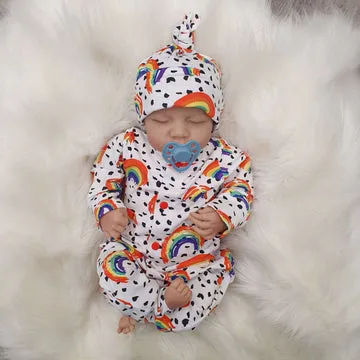
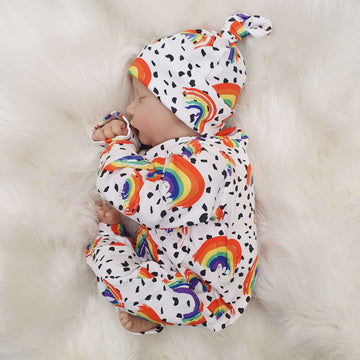
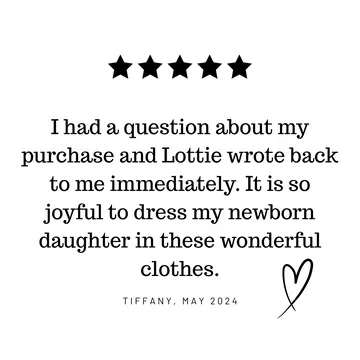
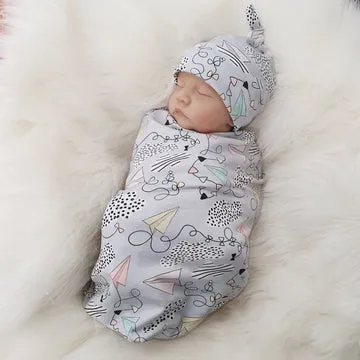
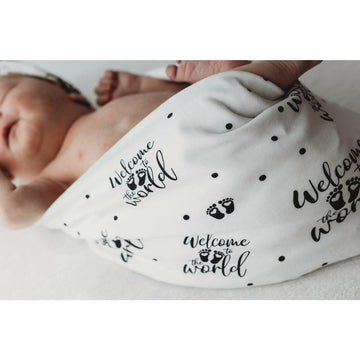
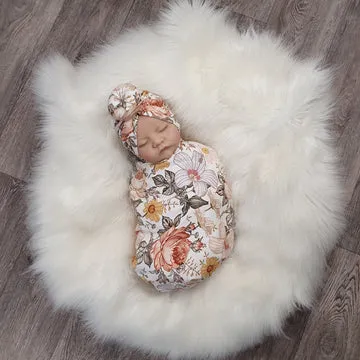
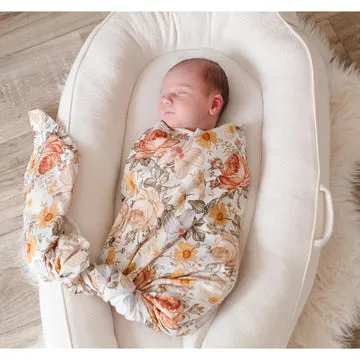
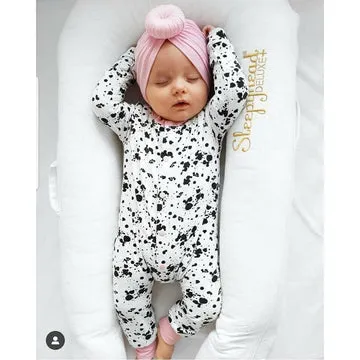
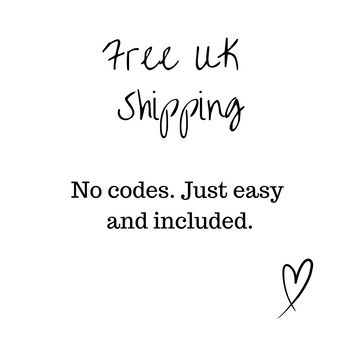
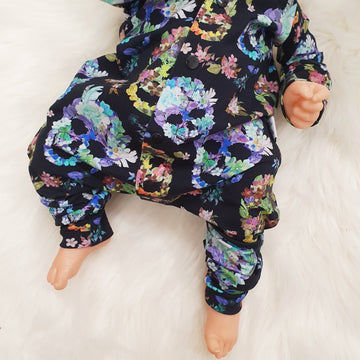
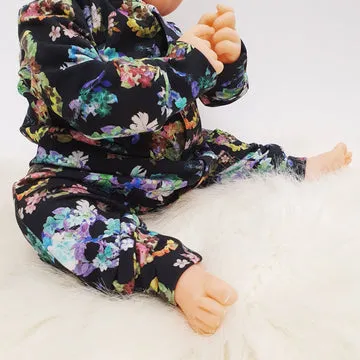
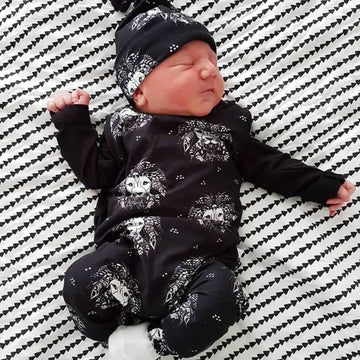
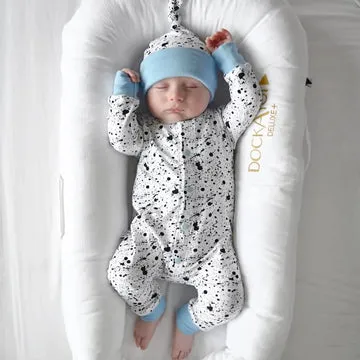
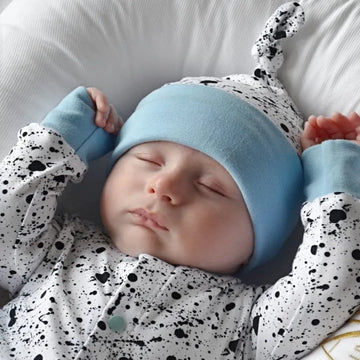
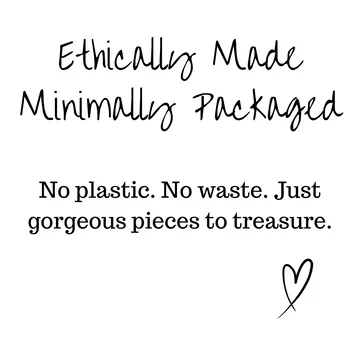
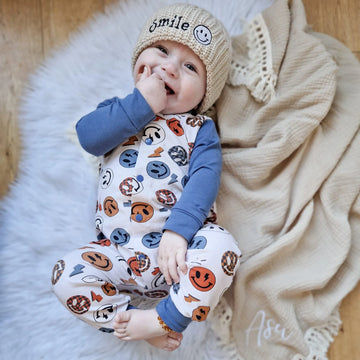
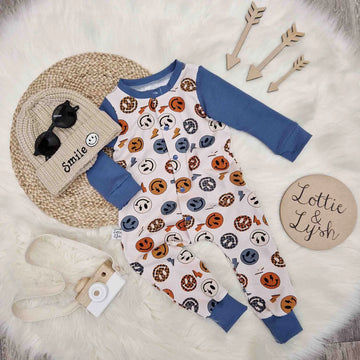
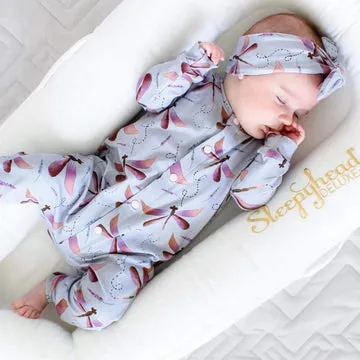
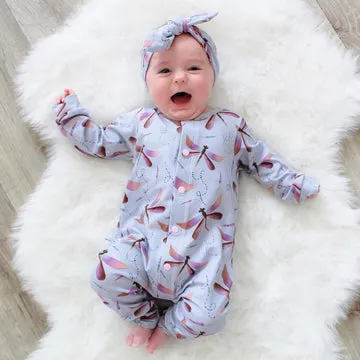
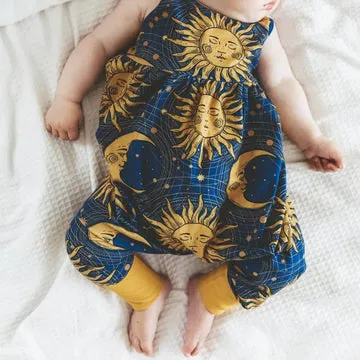
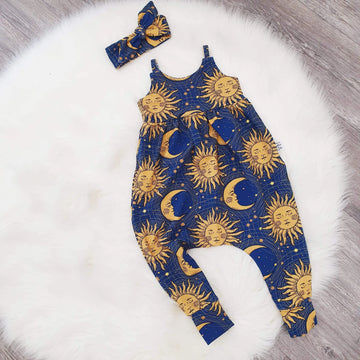
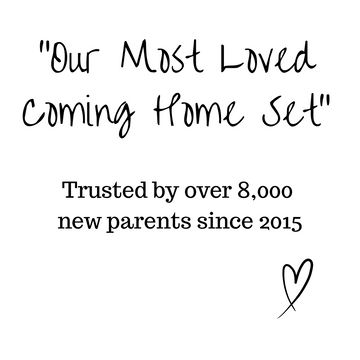
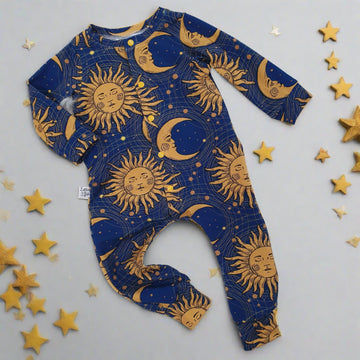
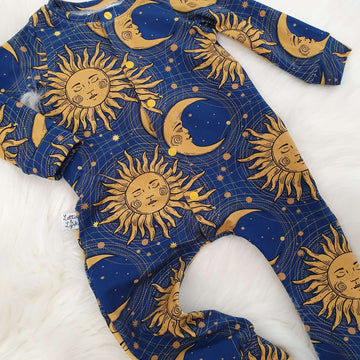
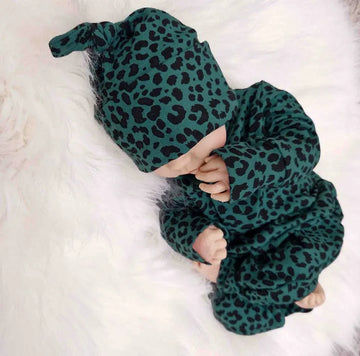
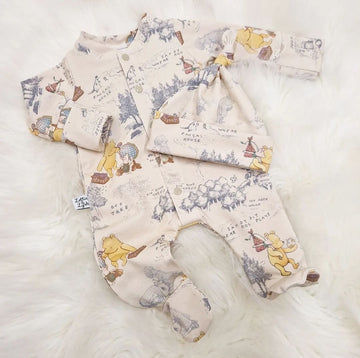
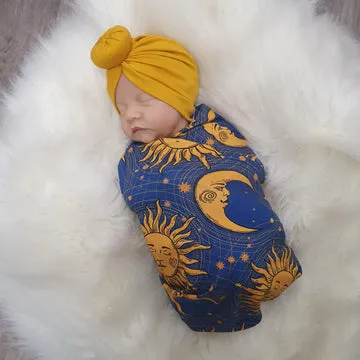
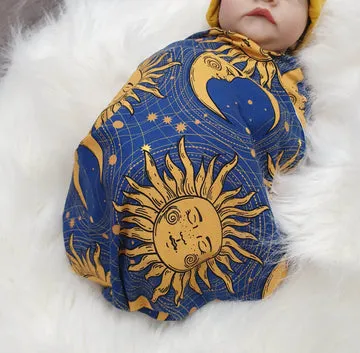
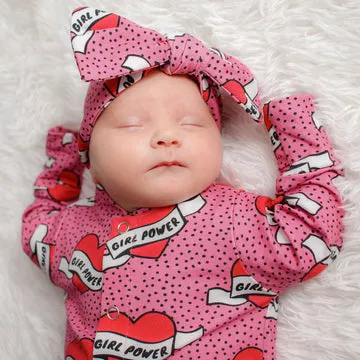
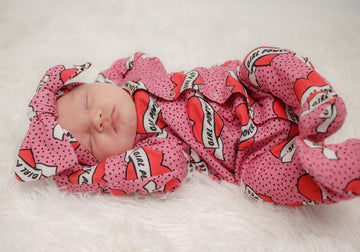
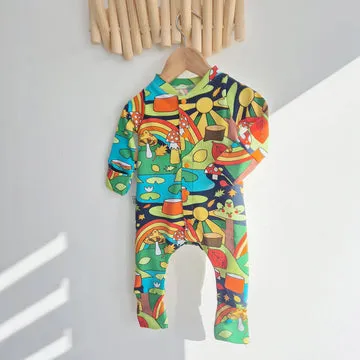
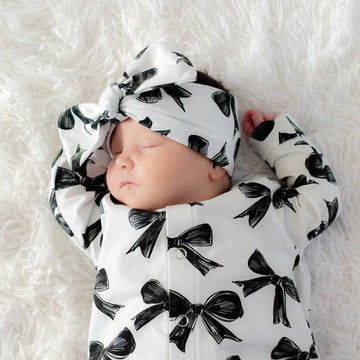
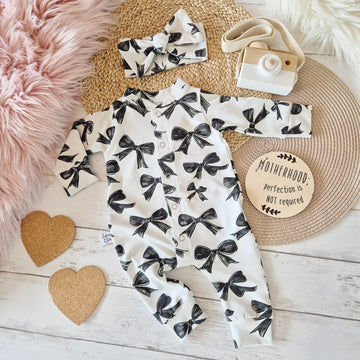
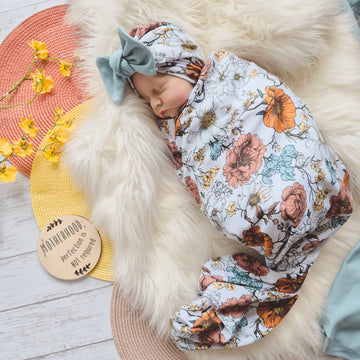
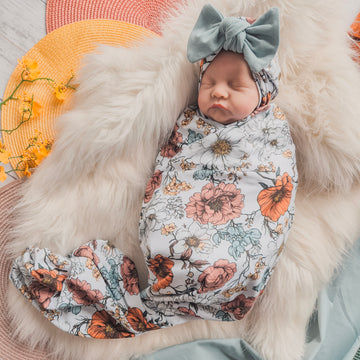
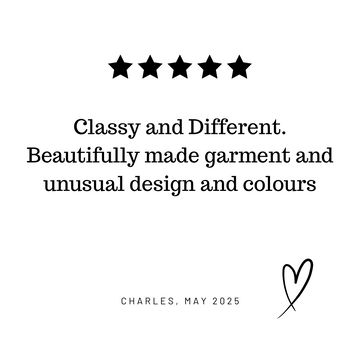


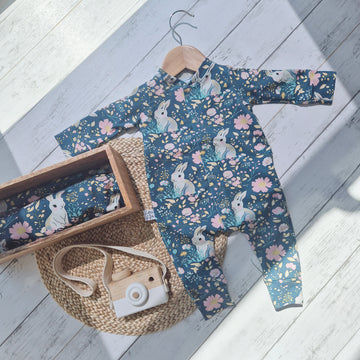
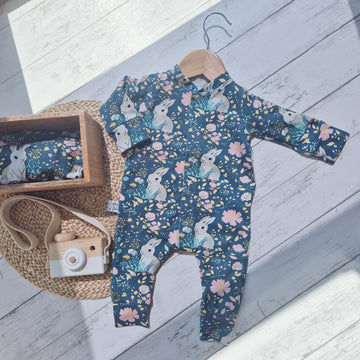
0 comments